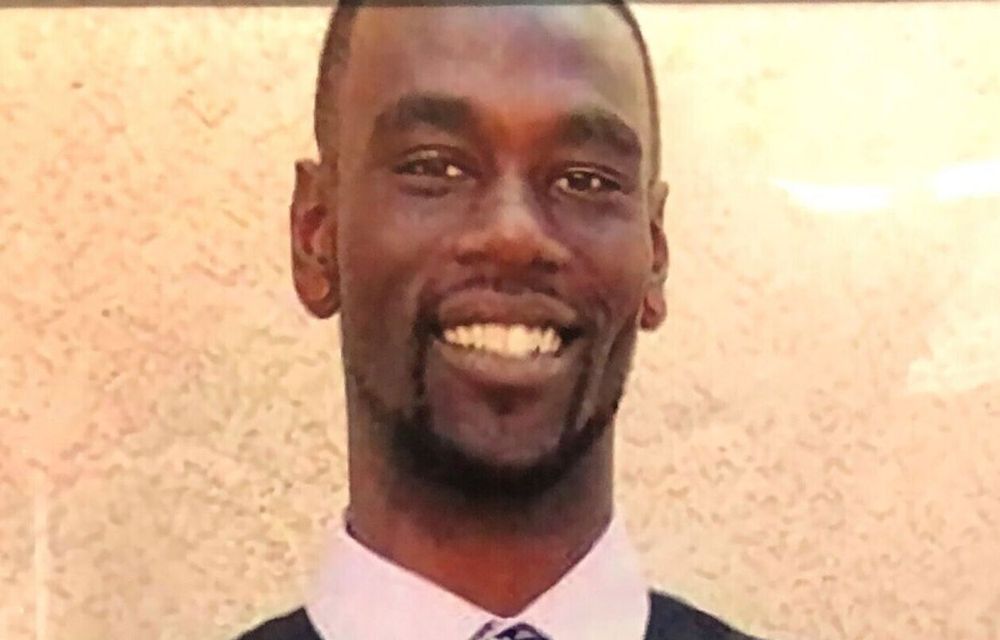Officers of the Memphis Police Department pulled over a Black man named Tyre Nichols for alleged reckless driving on January 7. After the encounter, Nichols was transported to St. Francis Hospital in critical condition. He died three days later. Nichols was just 29 years old.
Nichols’ death, an echo of countless stories you’ve heard before, is yet another unforgivable example of police using excessive force that ends in a loss of life. This instance was at the hands of five Black police officers: Tadarrius Bean, Demetrius Haley, Emmitt Martin III, Desmond Mills, Jr., and Justin Smith. They are no longer employed by the Memphis Police Department. When he was pulled over, Nichols was just 80 yards away from his home.
Body camera footage of the confrontation has not been released to the public yet, but MPD has shown it to Nichols’ family and the attorneys representing them. During a press conference, Benjamin Crump, one of the family’s lawyers, said Nichols was tased, pepper sprayed, and restrained as he ran from officers. Another lawyer, Antonio Romanucci, says Nichols, who was 6-foot-3 and 140 pounds, was beaten like a “human piñata.” Crump says Ravaughn Wells, Nichols’ mother, was unable to make it through the viewing when she heard her son ask, “What did I do?” and call for her three times.
On Monday, Shelby County District Attorney's Office's Director of Communications Erica Williams told CNN that "charges, if any, could be announced later this week," and the body cam footage should follow. The Shelby County coroner has not released an autopsy, but the family’s attorneys released a statement saying they’ve conducted an independent autopsy that “indicates Tyre suffered extensive bleeding caused by a severe beating.”
Outside of the five officers who were fired for their actions, two members of the Memphis Fire Department have been relieved of duty as an investigation is underway. They were part of Nichols’ “initial patient care.” Officials and attorneys have yet to reveal more information or specifics about their involvement. The Department of Justice and the FBI have also opened a civil rights investigation into Nichols’ death.
We’ll have to wait until we get body camera footage to get a clearer picture of what happened to Nichols, but what is certain is that adding Black officers to a department does little to change how Black men are treated by law enforcement. If these officers were looking to protect and serve citizens, Nichols would not have been sent to the hospital while he was less than a football field’s length away from his home. What we and these police officers will soon find out is if their badges will protect them from the consequences of their actions once “charges, if any” come through.
During the press conference, a visibly upset Wells remembered her son as “a good kid” with a “beautiful soul” who loved skateboarding, photography, computers, and his 4-year-old son. “Nobody’s perfect,” she said. “But he was damn near.”
More From LEVEL:
